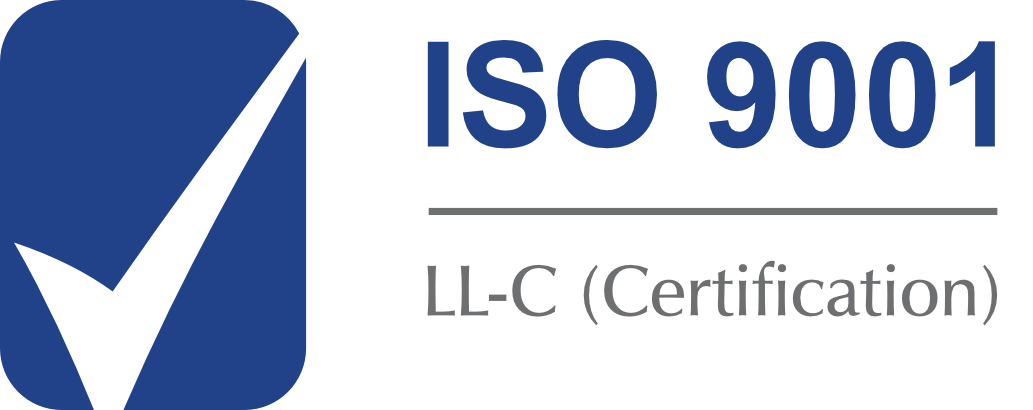Introduction to Power Connectors
At Electrónica Embajadores, we offer a wide range of power connectors designed to meet the needs of various electronic applications. These connectors are essential for transferring electrical power from a power source to an electrical or electronic device, ensuring proper and safe operation.
Types of Power Connectors Available
We offer various types of power connectors to suit different needs and standards:
- Alternating Current (AC) Power Connectors: Used to connect devices to the domestic or industrial electrical grid.
- Power Connectors for Printed Circuit Boards (PCB): Specifically designed for direct integration into printed circuit boards, facilitating the electrical connection of electronic components.
- Industrial Power Connectors: Designed for applications in industrial environments, offering robustness and reliability under demanding conditions.
Common Applications
The power connectors from Electrónica Embajadores are used in a variety of applications such as:
- Consumer electronics: Televisions, computers, audio systems, and more.
- Portable devices: Cameras, radios, measurement equipment, etc.
- Industrial applications: Machinery, control systems, automation equipment.
- Electronics and robotics projects: Integration into prototypes and custom systems.
Key Features
- High quality and reliability: Our connectors are made from top-quality materials, ensuring long service life and optimal performance.
- Variety of models and sizes: We offer a wide range of connectors, tailored to different needs and technical specifications.
- Easy installation: Designed for easy integration into your electronic projects.
- Compliance with international standards: Our connectors meet international quality and safety standards and regulations.
Why Choose Electrónica Embajadores
By choosing Electrónica Embajadores for your power connector needs, you benefit from:
- Expert advice: Our team of professionals is available to help you select the right connector for your application.
- Quality products: We work with the best manufacturers to provide products that meet the highest quality standards.
- Fast and secure shipping: We ensure efficient shipping so you receive your products in the shortest time possible.
- Competitive prices: We offer fair and competitive pricing on all our products.




